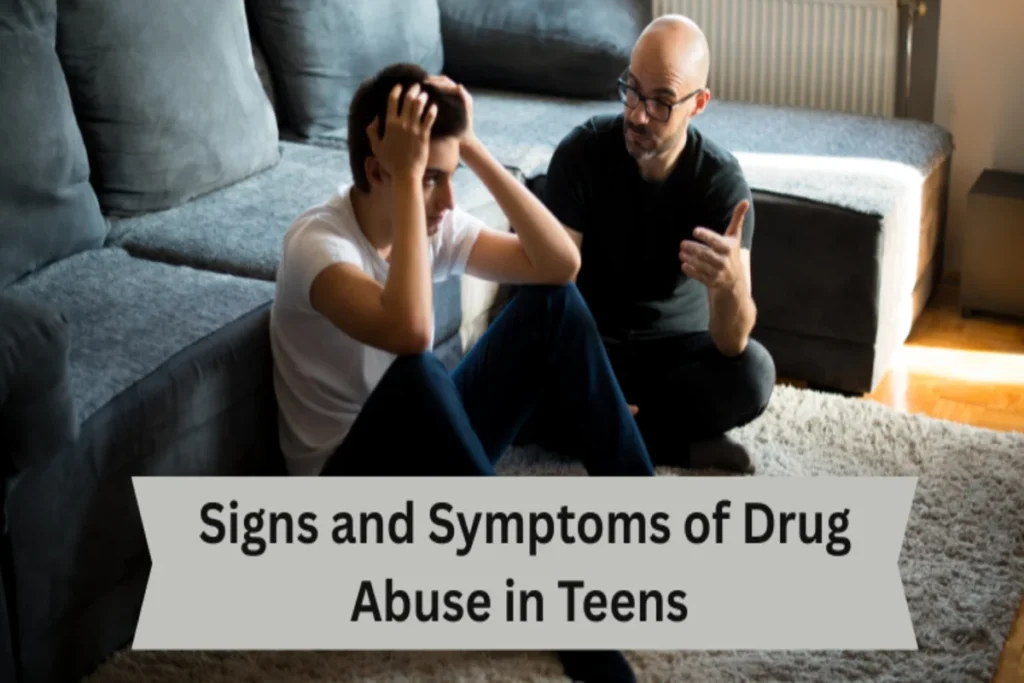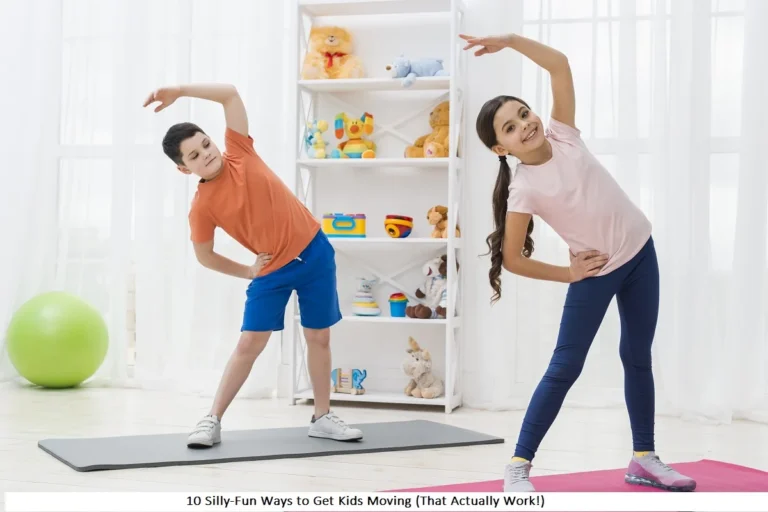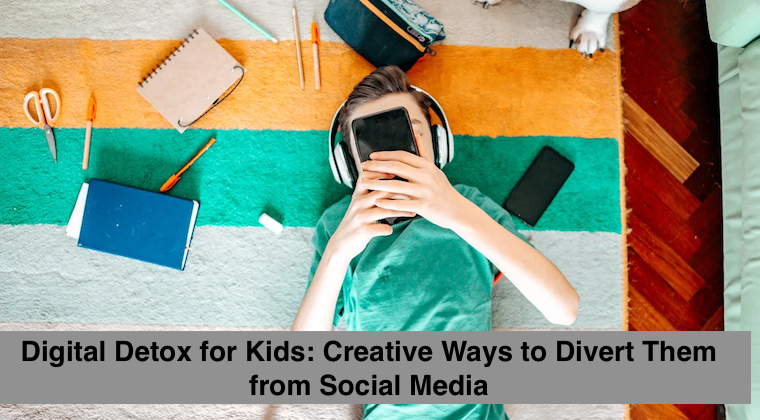
Let’s not beat around the bush. Drug abuse in teens is one of the toughest, most heart-wrenching subjects a parent can ever face. The mere thought of your child, your baby, getting mixed up in drugs is enough to send a cold shiver down your spine. It’s the stuff of nightmares, the kind of fear that wakes you up at 3 a.m. just to go and check they’re still breathing, still safe in their bed.
This isn’t about finding a single empty packet and launching a full-scale inquisition. It’s about spotting a pattern, a constellation of changes that together paint a worrying picture. It’s about trusting your gut. That knot in your stomach, that little voice whispering that something is ‘off’—it’s there for a reason. This guide is here to help you understand what you might be seeing, to give language to those fears, and to help you find the strength to take the next, brave step.
The Unseen Battlefield: Why Teens Are So Vulnerable
Before we dive into the signs of drug abuse in teens, it’s worth pausing for a moment to understand the why. It’s too easy to dismiss it as simple rebellion or bad behaviour. The teenage brain is a magnificent, chaotic, and vulnerable construction site. It’s literally under development, with the prefrontal cortex, the bit responsible for good judgement, impulse control, and foreseeing consequences—being the last part to fully mature. This is why they are natural risk-takers; their brains are wired for it.
Now, pour potent, mind-altering chemicals into that mix. Drugs and alcohol hijack the brain’s reward system, flooding it with dopamine, a feel-good chemical that’s supposed to be released in manageable amounts for achievements like passing an exam or scoring a goal. This artificial deluge teaches the brain that the drug is the best and fastest route to reward, overshadowing everything else.
Worth to Read : Juvenile Shoplifting Gangs: The Disturbing New Trend Fueled by Instagram
The Physical Signs: What to Look For in Their Body
These are often the most obvious red flags, the things you can’t unsee once you’ve noticed them.
1. The Eyes Don’t Lie:
This is a classic for a reason. Pupils that are pinned small (like pinpricks) or excessively dilated (like large black pools) can be a tell-tale sign of substance use. Bloodshot, glassy eyes or a vacant stare are also common. You might notice them using eye drops excessively, even when they haven’t mentioned any allergies or irritation.
2. Shifting Appetite and Sleep Patterns:
Has your once perpetually hungry teenager suddenly lost all interest in food? Or has their appetite become insatiable, leading them to raid the fridge at all hours? Different substances have different effects. Stimulants like cocaine or amphetamines can suppress appetite, while cannabis often brings on intense cravings (“the munchies”).
3. Peculiar Smells and Physical Neglect:
Smoke of any kind, whether cigarettes, cannabis, or vaping, has a stubborn way of clinging to hair, skin, and clothes. You might notice they’ve started burning a lot of incense or using heavy amounts of air freshener in their room. Personal hygiene can take a nosedive. Showers become less frequent, teeth go unbrushed, and they might wear the same clothes for days on end. It’s not just laziness; it’s a loss of interest in self-care.
4. Unexplained Injuries and Health Niggles:
Look out for frequent nosebleeds (which can be associated with snorting substances), a persistent cough or wheezing that isn’t linked to a cold, or unexplained bruises, cuts, or marks on their arms or legs. They may complain of constant headaches, nausea, or tremors—signs of either being under the influence or experiencing withdrawal.
5. The “Kit”:
This is the most concrete evidence, but it’s often well-hidden. Be aware of things like small plastic bags with residue, burnt foil, makeshift pipes or bongs (often made from plastic bottles or cans), rolled-up banknotes, syringes (though this is rarer with teens), or prescription pill bottles that don’t belong to them.
Also Read : How TikTok’s Algorithm is Brainwashing Teens Into Crime
The Behavioural Shifts: When Their Actions Tell a Story
This is where the changes become more nuanced, more emotional. It’s easy to mistake these for “typical teenage moodiness,” but the key is the severity and the speed of the change.
1. The Social Switcheroo:
This is a huge one. Old friends, the ones you knew and liked, are suddenly dropped without explanation. In their place is a new crowd, often older, that they are secretive about and refuse to introduce to you.
2. The Plummeting Performance:
School is often the first casualty. Your once conscientious student might start skipping classes, their grades might suddenly tank, and you may receive reports of them falling asleep in lessons or displaying a newfound apathy or hostility towards teachers and schoolwork.
3. Money Mysteries:
Money starts to disappear from your wallet, or from their sibling’s room. They might constantly be asking for cash with vague, unconvincing reasons why they need it (“I just need it, Mum, god!”). Conversely, you might find they have unexplained amounts of money or new, expensive items (clothes, tech, jewellery) that they couldn’t possibly afford on their allowance.
4. Emotional Rollercoaster:
The mood swings are extreme and volatile. One minute they’re withdrawn, sullen, and uncommunicative, locking themselves in their room for hours. The next, they might be unusually elated, loud, and full of frantic, grandiose energy.
5. Rule-Breaking and Risk-Taking:
This goes beyond slamming a door. It’s a fundamental disregard for the rules of the house and, more seriously, the law. They might stay out all night without calling, break curfew consistently, or be caught stealing.
The Psychological Clues: The Change in Their Inner World
This is the hardest layer to see, but often the most telling. It requires you to really listen to them, even in their silence.
1. Shifting Motivation and Personality:
It feels like you’ve lost them. The spark in their eyes is gone. They seem lethargic, unmotivated, and deeply apathetic about their future. The core tenets of their personality seem to shift. The confident kid becomes cripplingly insecure.
2. Paranoia and Anxiety:
They may express irrational fears, convinced that people are “out to get them” or watching them. They might become excessively startled by normal noises or become suspicious of your every question, interpreting innocent concern as a full-scale attack.
3. The Denial and The Gaslighting:
When you gently broach the subject, the reaction is defensively ferocious. “I can’t believe you’d accuse me of that!” “You’re crazy!” “You’re always searching my stuff, you never trust me!” They will turn it around on you, making you feel guilty for even suspecting. This is a defence mechanism, a wall they put up out of their own shame and fear. It’s designed to make you back down and question your own sanity. Please, don’t fall for it.
Also Read : Why Teens are Attracted to Guns
What on Earth Do You Do Now? Your First Steps.
Finding one or two of these signs doesn’t automatically mean your child is addicted. But seeing a cluster of them, a persistent pattern that lasts for weeks, is a clear signal that you must intervene. Your approach is everything.
1. Prepare Yourself First.
Before you say a word, get your own head and heart in check. Your goal is not to win an argument or dole out punishment. Your goal is to connect, to understand, and to help. Plan to talk at a time when you are both calm, not in the heat of an argument.
2. The Conversation: Choose Connection Over Confrontation.
Start with “I” statements, not “You” accusations.
Instead of: “You’re using drugs, I found your stuff!”
Try: “I love you, and I’ve been really worried about you lately. I’ve noticed you seem different, and I’m scared.”
Lead with concern, not anger. Let them know that your love is unconditional, but that their behaviour is not acceptable because it’s putting them in danger. Be prepared for denial, anger, and lies. Don’t take the bait. Stay calm and reiterate your love and concern.
3. Seek Professional Help.
You cannot, and should not, try to handle this alone. This is not a failure on your part. Your GP is a brilliant first port of call. They can rule out any underlying medical or mental health conditions, provide confidential advice, and refer you to specialist local services.
4. Set Boundaries with Love.
Helping them does not mean enabling them. Allowing them to skip school, steal money, or break house rules without consequence only reinforces the behaviour. Clear, firm, and consistent boundaries, set within a framework of love and the desire for their safety, are essential.
This is going to be a marathon, not a sprint. There will be setbacks and heartache and days where you feel utterly broken. But please, hold onto this: your attention, your love, and your willingness to fight for them is the single most powerful force in their lives. You spotted the signs. Now, take a deep breath, and take the next step. They need you now, more than ever, even if every fibre of their being is screaming otherwise. Don’t give up on them. And crucially, don’t give up on yourself. You can get through this. Together.
FAQs
Common early signs include changes in mood, new secretive friends, slipping grades, unusual smells, red or dilated pupils, and sudden shifts in sleep or appetite. One sign alone isn’t enough, but a pattern is worth paying attention to.
Normal mood swings come and go, but drug-related changes are stronger and more sudden. Look for behaviour that feels out of character, especially when it lasts for weeks and comes with physical changes or unexplained money issues.
Stay calm and choose a quiet moment. Use gentle “I” statements and let them speak. In the UK, USA, and Europe, your GP, family doctor, or local youth services can offer confidential help and guidance.
Keep the tone soft and supportive. Focus on concern, not blame. Ask open questions and make it clear that your goal is safety, not punishment. Teenagers respond better when they feel understood.
Seek help if you see multiple warning signs, if school or behaviour declines sharply, or if your teen becomes aggressive, paranoid, or withdrawn. Early advice from a GP, counsellor, or mental health service can make a big difference.


